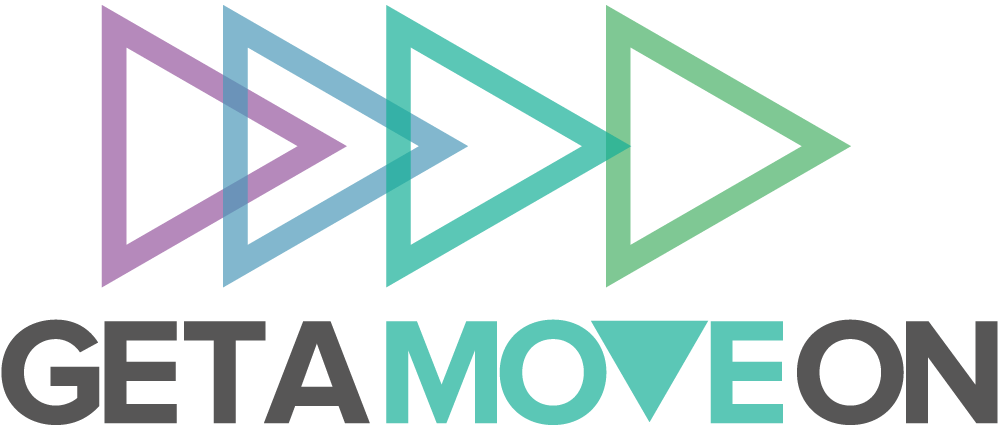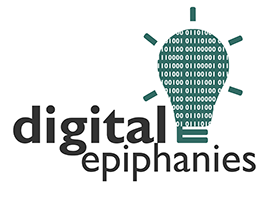Home » (Page 2)
Archives
The temporal flexibility of crowdwork

Over the past decade, there has been a rise in the number of people working on crowdsourcing platforms. Although those who work on crowdworking platforms (i.e., crowdworkers) value having autonomy over scheduling their own time, research suggests that they do not benefit from the temporal flexibility to choose when and for how long to work. Therefore, in this project, we aim to understand what limits the temporal flexibility of crowdworkers, and how this aspect impacts the workers. Our ultimate goal is to inform the design of future crowdsourcing platforms.
We employ Value Sensitive Design (VSD) as our theory and design framework. Using the lens of VSD and a combination of qualitative and quantitative methods, we show that crowdworkers’ temporal flexibility is limited by three different types of time constraints: (i) worker-imposed time constraints, (ii) client-imposed time constraints, and (iii) platform-imposed time constraints. These time constraints limit: (a) the temporal working preferences of workers, (b) the time workers have to make decisions, and (c) the work pace and work schedules of workers. Ultimately, we confirm that the existing features of crowdsourcing platforms do not fully support flexible temporal arrangements for workers; instead, these platforms favour clients’ flexibility to workers’ detriment.
People
This project was conducted by Dr Laura Lascau under the supervision of Prof Anna Cox, Prof Duncan Brumby and Dr Sandy Gould.
Publications
Lascău, L., Brumby, D. P., Gould, S. J., & Cox, A. L. (2024). “Sometimes It’s Like Putting the Track in Front of the Rushing Train”: Having to Be ‘On Call’for Work Limits the Temporal Flexibility of Crowdworkers. ACM Transactions on Computer-Human Interaction, 31(2), 1-45.
Lascau, L. (2023). Time as currency: a value sensitive design exploration of crowdworkers’ temporal flexibility (Doctoral dissertation, UCL (University College London)).
Lascau, L., Gould, S. J., Brumby, D. P., & Cox, A. L. (2022, April). Crowdworkers’ temporal flexibility is being traded for the convenience of requesters through 19 ‘invisible mechanisms’ employed by crowdworking platforms: A comparative analysis study of nine platforms. In CHI Conference on Human Factors in Computing Systems Extended Abstracts (pp. 1-8).
Lascau, L., Gould, S. J., Cox, A. L., Karmannaya, E., & Brumby, D. P. (2019, May). Monotasking or multitasking: Designing for crowdworkers’ preferences. In Proceedings of the 2019 CHI conference on human factors in computing systems (pp. 1-14).
GetAMoveOn
The GetAMoveOn Network+ is an interdisciplinary community of researchers and practitioners, funded by an EPSRC grant running from June 2016 to the end of May 2021. Our aim is to transform health by enabling people to lead more active lives with the help of digital technologies.

When we move more, we become smarter; as we become stronger, chronic pain decreases. Greater movement, especially in social contexts, improves collaboration. As we move, not only do we reduce stress: we improve our capacity to handle stressful situations and to see more options for creative new solutions. Movement enhances both strength and stamina, improves bone mineral density and balance, reducing incidence of falling and associated hip injuries (causes of death in the elderly). Movement complements other functions, from assisting with sleep and therefore memory and cognition, to helping with diet and associated hormones – improving insulin sensitivity and balancing cortisol. There are recent studies showing benefits of movement related to dementia. And yet, physical inactivity is the fourth leading cause of death worldwide; sedentarism has been called the “new smoking”. Meanwhile costs to UK GDP from sedentarism and associated disease are increasing – from sick days lost to work, to elders losing mobility and having to move into care homes.
We have designed ourselves into our sedentarism: sitting during our commute, at desks while we work, and at home on the sofa. There is a critical need to design ourselves back into the natural effects of health accrued simply by moving more. We need solutions that will help build both the evidence and the experience that movement can enhance and benefit people’s lives.
New technologies are transforming our ability to capture lifestyle data on individuals in real time. Consumer technologies such as step counters and wifi scales are the tip of an iceberg – research programmes worldwide are proposing lifestyle data capture from devices ranging from video cameras to electricity meters to wearables. Meanwhile pervasive connectivity allows that data to be transmitted, processed through powerful machine learning tools and provided back to people in a heartbeat. While we understand the potential technologies, we do not yet know how to leverage the technology effectively to support transformative health.
Current approaches in ehealth generally only reach a small part of the population that is already interested in fitness, personal data capture, or both. Their uptake is, furthermore, of dubious effect as two recent medical reviews have shown. To have a national impact on health and wellbeing, to reduce the crippling burden of long term health conditions and to move healthcare from the clinic to the community, we need to reach everyone, across a range of abilities and aspirations. We need to connect the potential of the technology with the potential of people and realise the benefits of a healthy, brilliant, population.
Realising this potential requires research on novel technical solutions, supported by theories from sports and health sciences on blending appropriate movement strategies for particular performance aspirations to behavioural and cognitive sciences on ways to engage people to make effective and meaningful progress. We need to understand what measures are appropriate not just to evaluate progress, but to guide it and adapt to it. To have meaningful impact across these dimensions we need to combine a range of expertise including sensor networks, data analytics, interactive visualisation, human computer interacton, online citizen engagement, behaviour change, sports, exercise.
ECLIPSE
ECLIPSE -Exploring the Current Landscape of Intravenous Infusion Practices & Errors- was a research project funded by NIHR (2014-2017) studying medication practices with infusion devices, to document the variety of existing practices and deliver recommendations for best practice in different situations. More details are available on the project website and on the NIHR site (including the research protocol).
Digital Epiphanies

The advances in technology in recent years have had many positive effects on the ways in which people can combine work and personal life. For example, being able to access email via a smartphone means that many can work from home, or work a flexible work pattern that successfully fits around caring responsibilities. However, the resulting “always-online” culture in which people expect almost instant responses to email messages, brings stresses and strains to those who feel under pressure to respond immediately and be available on a 24/7 basis.
Despite widespread and proliferating debates about the impacts of digital technologies on work-life balance, few empirical studies have explored how these technologies are being used and what impact their use is having on people’s work and personal lives. This project seeks to enhance our understanding of the paradoxical and double-edged effects that new technologies and digital practices are having on work-life balance.
CHI+MED
CHI+MED was a flagship project funded by the Engineering and Physical Sciences Research Council (EPSRC). The project ran for 6 years from late 2009 with initial funding of £5.7 million (EP/G059063/1).

The aim of the CHI+MED project was to transform the way in which interactive (programmable) medical devices are designed, bought and used, in ways that both prevent and reduce the consequences of medical errors. Our goal was to make the use of medical equipment safer, whether in hospitals or at home, and in so doing, to help to make the work of nurses, doctors, managers and device manufacturers save lives.
Some incidents involve errors with interactive medical devices such as infusion pumps that give drugs for treatment and pain relief, glucometers that measure blood sugar levels for people with diabetes, and vital signs monitors. In one study of medications through an intravenous (IV) pump, two thirds of the medications included at least one error.
These devices are intended to be used by people without extensive training. We are relying on them more and more, both in hospitals and by patients or their carers at home. It is vital that they are both reliable and easy to use.
If nurses, doctors or patients themselves misread the devices or make mistakes when setting up doses then this can, and unfortunately does, result in incorrect treatment, and can even kill.
We are focusing on the science and engineering of interactive devices to understand and solve these problems.

